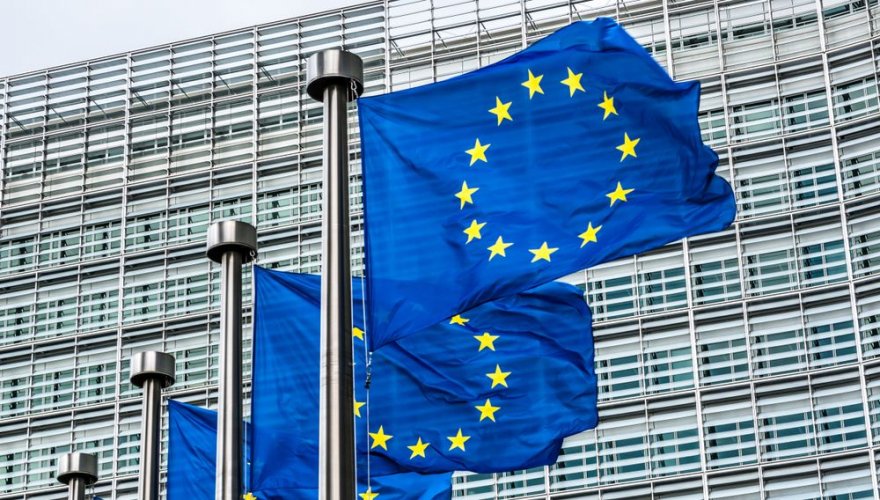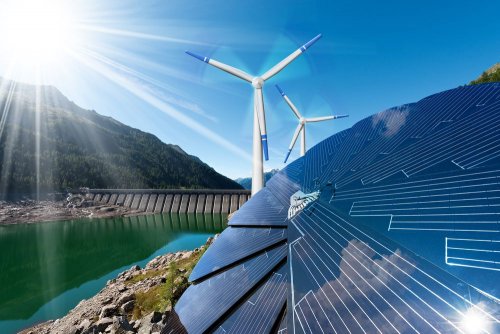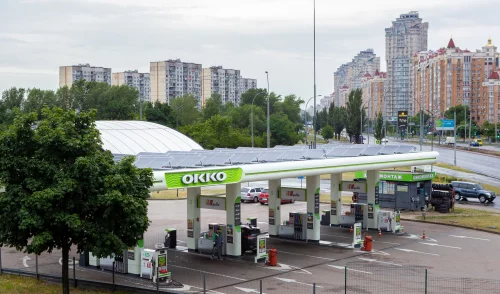On May 30, EU energy ministers voted unanimously for the European Union to officially withdraw from the Energy Charter Treaty (ECT). At the same time, member states were left free to choose to remain in it in their own capacity, but environmentalists are calling on all EU member states to withdraw from the treaty without exception.
This was reported by Euronews.
In April, the European Parliament also voted to withdraw from the Treaty by an overwhelming majority. The ECT is an international agreement concluded after the Cold War to protect investments in unstable former communist countries. But it has become a source of controversy because it allows energy companies to sue countries that take measures that could harm their expected profits.
For example, the Swedish multinational energy company Vattenfall sued Germany under the EPA over the phasing out of nuclear power because it affected foreign investors in the nuclear sector. Spain has also faced numerous legal cases, mainly due to changes in its renewable energy policy. According to investors, such changes violate the DEH, undermining their investments.
Nine member states have announced their intention to withdraw from the EFTA from October 2022 – these are Denmark, France, Germany, Luxembourg, the Netherlands, Poland, Portugal, Slovenia and Spain. Meanwhile, France, Germany, Luxembourg and Poland have officially announced their withdrawal. The UK announced its intention in February, while Italy was the first to withdraw from the treaty in 2016.
"We expect that after the EU and all major member states leave the EFTA, the rest of the member states will also decide to leave. Not only is the DEP losing its relevance, but having EU member states with different investment regimes is also difficult to reconcile with EU competition rules, as it would create an uneven playing field," said Paul de Klerk, an expert on economic fairness at the organization " Friends of the Earth – Europe" (FoEE).
Earlier, EcoPolitic wrote, that in November 2022 The European Commission asked to remove the modernization of the international agreement of the Energy Charter Treaty from the agenda of the DEH summit, referring to the incompatibility of the charter with the climate goals of the EU. She recognized that the DEH is incompatible with the Paris climate agreement, has contradictory provisions on the regulation of relations between the investor and the state, and needs to be reformed or canceled.





